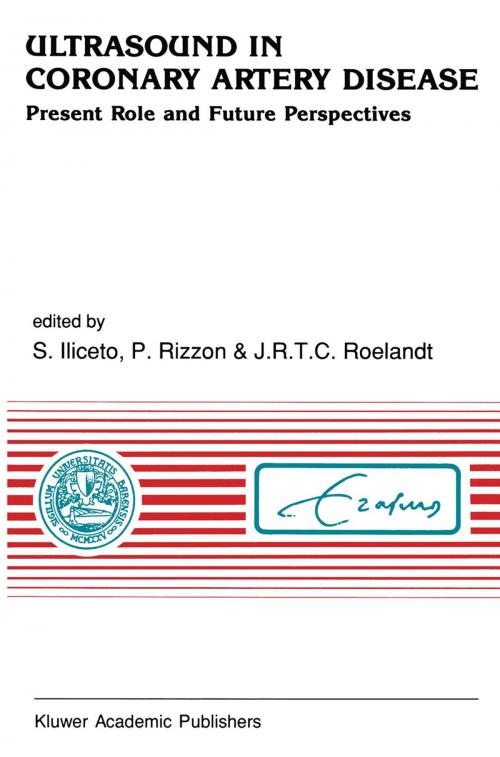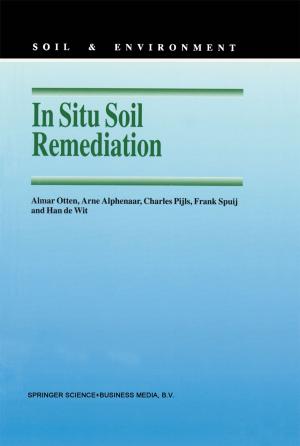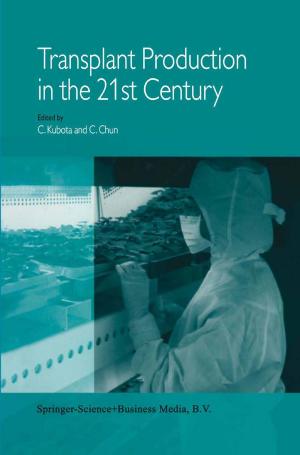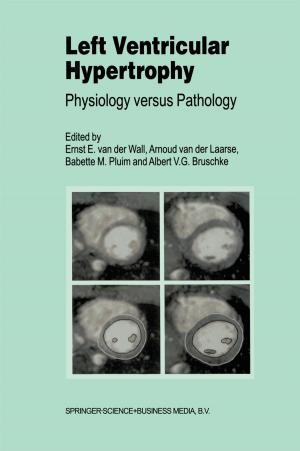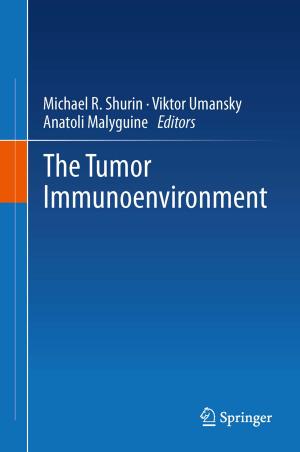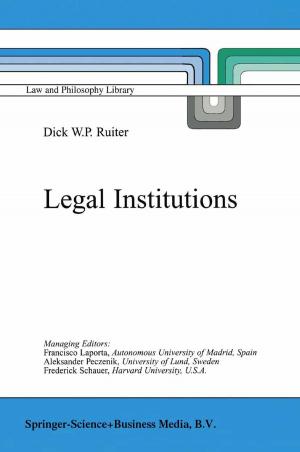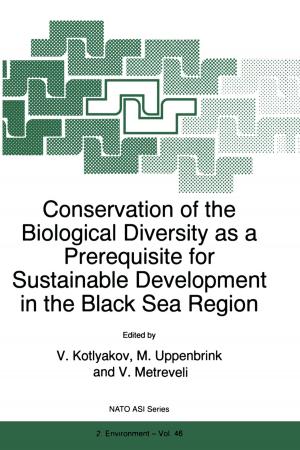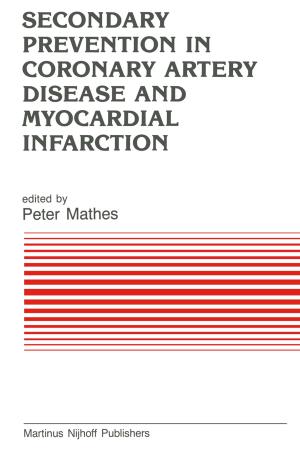Ultrasound in Coronary Artery Disease
Present Role and Future Perspectives
Nonfiction, Health & Well Being, Medical, Specialties, Ultrasonography, Internal Medicine, Cardiology| Author: | ISBN: | 9789400906112 | |
| Publisher: | Springer Netherlands | Publication: | December 6, 2012 |
| Imprint: | Springer | Language: | English |
| Author: | |
| ISBN: | 9789400906112 |
| Publisher: | Springer Netherlands |
| Publication: | December 6, 2012 |
| Imprint: | Springer |
| Language: | English |
Today, coronary artery disease is one of the major causes of mortality and morbidity in the Western World. In the last decade many major diagnostic and therapeutic advances have been made, considerably furthering our potential in the management of coronary artery disease. At the same time, a new generation of cardiac tools has appeared. The field which has, perhaps, undergone the most important technological innovations is echocardiography. Nowadays, in fact, the world of ultrasounds ofters the cardiologist a wide range of technical applicatons: two-dimensional real-time imaging, intra-and extra-cardiac Doppler flow measurements, real-time imaging of cardiac struc ture and flow by 2D color Doppler, high resolution cardiac imaging by transesophageal echocardiography, tissue characterization by analysis of ultrasound wave characteristics, information on myocardial perfusion by con trast echocardiography, etc. Thanks to these technical improvements and to its consequent increased potentiality, echocardiography now plays an impor tant and irreplaceable role in the management of all cardiac diseases. In the field of coronary artery disease, echocardiography can reliably be used not only in the acute phases of the disease to derive useful functional and prog nostic information but also as a stress diagnostic procedure (thanks to new stress modalities and the continuing improvement of reviewing digital sys tems) for the diagnosis of coronary artery disease and for the evaluation of various therapeutic interventions. Furthermore, other promising applications of ultrasounds in this disease are currently being investigated: tissue charac coronary artery anatomy terization, myocardial contrast echocardiography, and flow evaluation by specially-designed ultrasound catheters.
Today, coronary artery disease is one of the major causes of mortality and morbidity in the Western World. In the last decade many major diagnostic and therapeutic advances have been made, considerably furthering our potential in the management of coronary artery disease. At the same time, a new generation of cardiac tools has appeared. The field which has, perhaps, undergone the most important technological innovations is echocardiography. Nowadays, in fact, the world of ultrasounds ofters the cardiologist a wide range of technical applicatons: two-dimensional real-time imaging, intra-and extra-cardiac Doppler flow measurements, real-time imaging of cardiac struc ture and flow by 2D color Doppler, high resolution cardiac imaging by transesophageal echocardiography, tissue characterization by analysis of ultrasound wave characteristics, information on myocardial perfusion by con trast echocardiography, etc. Thanks to these technical improvements and to its consequent increased potentiality, echocardiography now plays an impor tant and irreplaceable role in the management of all cardiac diseases. In the field of coronary artery disease, echocardiography can reliably be used not only in the acute phases of the disease to derive useful functional and prog nostic information but also as a stress diagnostic procedure (thanks to new stress modalities and the continuing improvement of reviewing digital sys tems) for the diagnosis of coronary artery disease and for the evaluation of various therapeutic interventions. Furthermore, other promising applications of ultrasounds in this disease are currently being investigated: tissue charac coronary artery anatomy terization, myocardial contrast echocardiography, and flow evaluation by specially-designed ultrasound catheters.
